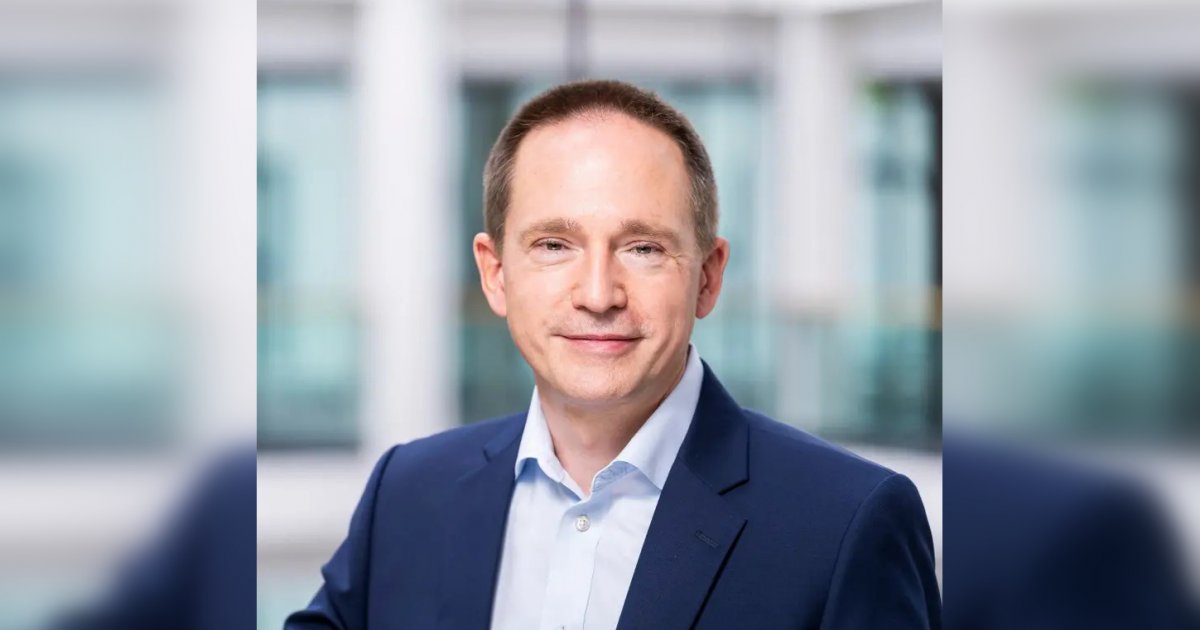In an era of misinformation, political polarization, and post-pandemic fatigue, how does WHS 2025 aim to restore public trust in health systems?
Public trust in health systems is eroding due to misinformation, polarization, and post-pandemic fatigue. The leitmotif of WHS 2024 was “Building Trust for a Healthier World,” and WHS 2025 continues to work on this topic. Our response is to rebuild confidence through evidence-based dialogue and inclusive collaboration.
By uniting science, policy, the private sector, and civil society, WHS provides a neutral platform for transparent discussion and shared learning. We emphasize accountability, open communication, and the translation of science into policy.
Rebuilding trust requires participation, not prescription — and WHS 2025 showed that global solidarity, grounded in evidence and empathy, remains possible even in a divided world.
The WHS Academic Alliance has grown into a global network of around 30 institutions. What do you see as its biggest success so far?
The WHS Academic Alliance is the academic backbone of the Summit. Over the years, it has evolved to include voices from every region, ensuring that innovation and local experience inform global decisions.
From topics such as migrant health to the health impacts of climate change, the Alliance embodies the WHS spirit: partnership over competition, collaboration over fragmentation. It actively establishes working groups on Migrant Health, Workforce Development, Oral Health, Maternal and Child Health, and more.
From pandemics to climate-related illnesses, global health security remains fragile. What key outcomes did WHS 2025 seek to achieve?
Our ambition was to be the starting point of a new global health architecture. Key outcomes included stronger cross-sector collaboration on pandemic prevention, enhanced funding for resilient health systems, and equitable access to medical countermeasures.
Preparedness and prevention are long-term investments that yield enormous social and economic returns. WHS serves as the convening force where global actors align around sustained funding, fair access, and community engagement.
The Global South often faces systemic inequities in access to vaccines, oxygen, and diagnostics. How can WHS turn commitments into real action for countries like Bangladesh?
WHS is built on co-creation and shared responsibility, not donor-recipient dynamics. For countries like Bangladesh, it offers a platform to amplify local innovation and leadership.
We promote financing models that prioritise local capacity building and equitable access to essential resources. WHS ensures that commitments made in global fora translate into measurable outcomes on the ground.
Bangladesh recently hosted the Bangladesh Oxygen Summit 2025. How can WHS help promote sustainable access to essential supplies like oxygen?
The Bangladesh Oxygen Summit highlights a critical issue: reliable access to medical oxygen and other essential supplies. WHS champions such country-led initiatives and works to embed them in the global health agenda.
Through public-private partnerships and cross-sector dialogue, we aim to ensure sustainable production, delivery, and maintenance of oxygen systems in low-resource settings. Resilient supply chains, local manufacturing, and innovative financing are key to this effort.
Digital health transformation is accelerating worldwide. How can WHS ensure that developing countries like Bangladesh are part of this digital shift?
Digital transformation can revolutionize healthcare — but only if it is inclusive. WHS advocates for global digital frameworks that ensure equitable access, data protection, and interoperability.
For Bangladesh, where telemedicine and e-health are growing rapidly, WHS connects national innovations with global partners, ensuring digital tools are adapted to local needs rather than imposed externally. Countries in the Global North can often learn a lot from resource-constrained countries in this regard.
Artificial intelligence and biotechnology are advancing fast. What ethical safeguards should guide their integration into health systems?
AI and biotechnology hold tremendous potential but demand strong ethical governance. WHS promotes transparency, accountability, and equity in using these technologies. Low- and middle-income countries must be co-creators, not passive recipients, in setting ethical and operational standards. The goal is responsible innovation — technology that enhances equity rather than deepens divides.
The private sector’s role in health innovation is expanding. How does WHS balance public health priorities with corporate interests?
The private sector is an indispensable partner in global health, driving innovation, financing, and scale. Yet, profit cannot be the dominant motive. Partnerships must be built on trust, shared accountability, and measurable social impact, ensuring that business engagement strengthens public health priorities.
Universities and research institutions play a key role in health. How can collaborations, especially in Asia, be deepened through WHS?
Science thrives through collaboration. WHS fosters partnerships among universities and research institutions worldwide, including strong engagement with Asia through the WHS Academic Alliance. Joint research, capacity building, and policy exchange are vital to developing solutions that are globally informed and locally grounded.
Bangladesh has achieved notable progress in universal health coverage and maternal health. What can the world learn from such examples?
Bangladesh’s progress is a powerful reminder that commitment and innovation can overcome resource constraints. The international community can learn from Bangladesh’s focus on community-based care, women’s empowerment, and digital health integration. These models show that resilient health systems are built from the ground up, not imported.
Looking ahead, what’s your vision for the next decade of the World Health Summit?
In the coming decade, WHS will deepen its role as the leading platform for global health — where science, policy, and implementation converge. We aim to shape global health governance, catalyse investment, and translate ideas into real-world change. By sustaining focus on evidence, equity, and accountability, WHS seeks to remain a driver of practical solutions and a symbol of hope in an increasingly complex world.
Finally, what message would you share with young professionals and journalists from Bangladesh and the Global South?
To the young leaders from Bangladesh and across the Global South: your voices matter more than ever. Global health needs your creativity, courage, and commitment to equity. The World Health Summit is your platform to challenge conventions, share solutions, and take responsibility for shaping a healthier, fairer future. You are not just the audience of global health — you are its driving force.



